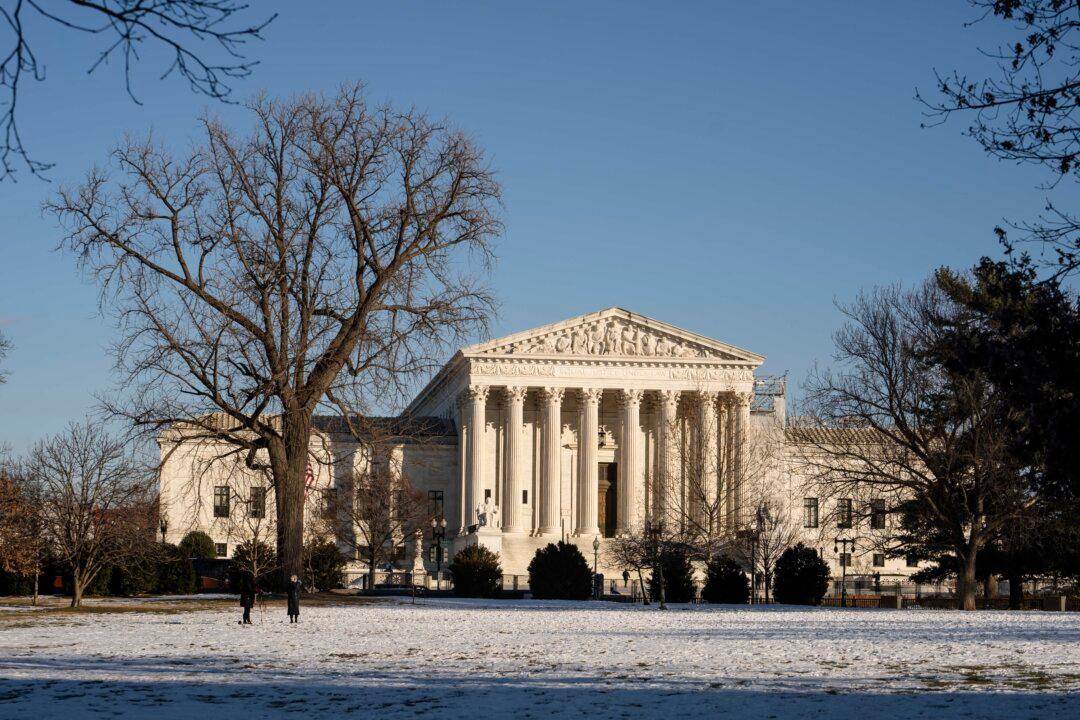The U.S. Supreme Court declined a request from Massachusetts residents to review a lower court’s rejection of their challenge to federal approval of offshore wind turbines that generate electricity.
The decision to deny the petition in Nantucket Residents Against Turbines v. Bureau of Ocean Energy Management came in an unsigned order on Jan. 13. No justices dissented. The court did not explain its decision.





